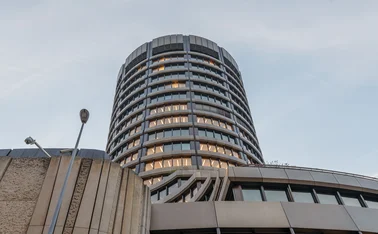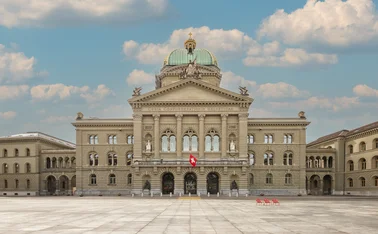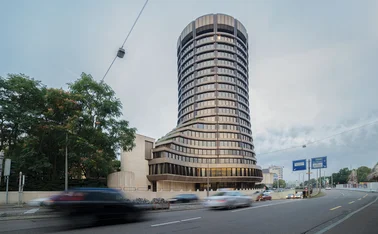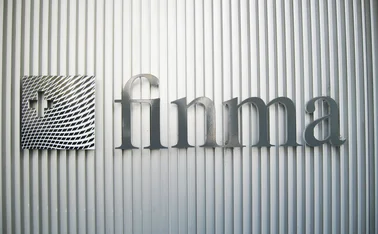
Robert Pringle’s Viewpoint: What future for European banking?
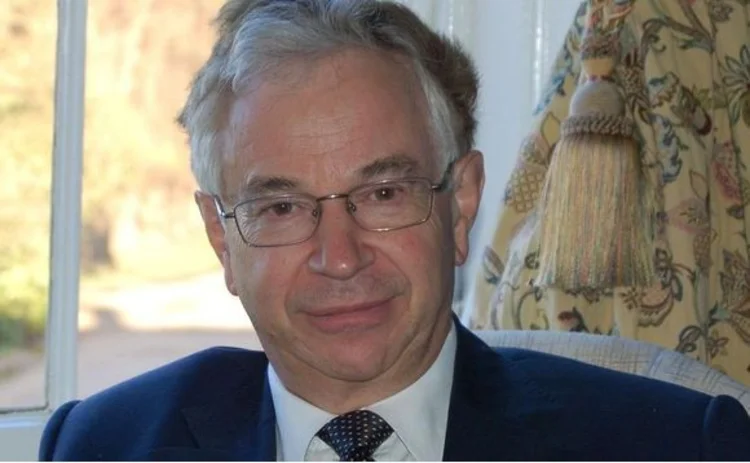
The crisis in European banking markets has worsened this week as the decisions taken at the Brussels summit meeting last week were judged insufficient to stabilise markets.
The amount banks are hoarding and parking at the European Central Bank (ECB) rather than lending to other banks has been close to record highs, while use of the ECB's lending facilities, which incur a penalty rate, has also risen sharply, with overnight lending at €9 billion ($11.7 billion). Demand for loans at the ECB's regular weekly tender was the highest in more than two years, at €291.6 billion. Only a handful of the strongest banks are able to borrow either euros or dollars in private markets.
Even the announcement on December 8 that the ECB was willing to lend up to three years and allow national central banks, on their authority, to accept a wider range of collateral, including performing loans, has failed to reassure markets. Indeed, there was speculation the ECB may have to extend its lending terms further, possibly up to five or even seven years, to induce private participants back into the market.
Nor is the situation of some UK banks much better than that in the eurozone. A number of banks again are having to pay high rates for short-term funding, exceeding the rates they are likely to be earning on assets. There is a limit to the extent to which such running losses can be permitted to accumulate.
This dire situation raises urgent strategic questions for policymakers. These go far beyond the problems of dealing with the legacy of the crisis - the drying up of cross-border lending, the threat to financial stability in Eastern Europe from the withdrawal of western European banks and the difficulty of raising capital - however grave these may be.
What is at stake is the whole future of banking in Europe. Can the basic elements of a competitive banking system be restored or must governments accept that they will have to remain wards of the state for the foreseeable future? If the latter, which financial groups should be nationalised?
Up to now policymakers have acted on the assumption that banks could survive on life support from central banks until financial markets were stabilised, and then return to business as usual. But the requirements for such a return to ‘normality' - above all, being able to access short and longer-term markets as independent entities on their own credit - now look daunting indeed, and unlikely to be fulfilled except by a very few banks.
Policymakers have to decide what kind of a banking and finance system they want to see emerge from the crisis and take active steps to realise it, if necessary using emergency powers (as the Irish government did during its crisis). This would involve, among other things, deciding which banks to merge, which to close and which to nurse back to health. It would involve also deciding whether to follow a policy such as that advocated in the UK Vickers report of ring-fencing some retail banks, and deciding which financial groups to split up. But, according to close observers, there is no sign of any such strategic thinking taking place.
The longer governments remain paralysed, the greater the risk of a run on the banks by retail as well as wholesale depositors. That would risk a disorderly meltdown of European banking, which would precipitate an economic depression.
European governments may be relying on depositor protection to prevent such a run. This would be unwise. Small savers have savings in unit trusts (sicavs), mutual funds and investment trusts. Managers of these funds keep cash balances if they think markets are going to fall, or in the case of unit trusts/mutual funds - because they must keep cash to meet redemptions - cash funds are kept on deposit with banks, on a massive scale. If banks went bankrupt the cash of those savers would be lost. As a result, some market observers believe it is imperative to nationalise some of the largest EU banks or else small savers may soon start to fear for their savings.
Of course, nationalisation would worsen the sovereign debt situation of the countries concerned; but the risk of a disorderly meltdown of banking carries even greater dangers. As Simon Johnson, former chief economist at the International Monetary Fund, said in a recent posting, the Huntsman Alternative, "...what we have now is not a market, it's a huge, unfair, and dangerous subsidy scheme".
Robert Pringle has interviewed the world's leading central bankers and policy makers during a 40-year career as a financial journalist, commentator and advisor. He is chairman of Central Banking, which he founded in 1990, and was previously chief executive of the Group of 30 and editor of The Banker.
Only users who have a paid subscription or are part of a corporate subscription are able to print or copy content.
To access these options, along with all other subscription benefits, please contact info@centralbanking.com or view our subscription options here: http://subscriptions.centralbanking.com/subscribe
You are currently unable to print this content. Please contact info@centralbanking.com to find out more.
You are currently unable to copy this content. Please contact info@centralbanking.com to find out more.
Copyright Infopro Digital Limited. All rights reserved.
You may share this content using our article tools. Printing this content is for the sole use of the Authorised User (named subscriber), as outlined in our terms and conditions - https://www.infopro-insight.com/terms-conditions/insight-subscriptions/
If you would like to purchase additional rights please email info@centralbanking.com
Copyright Infopro Digital Limited. All rights reserved.
You may share this content using our article tools. Copying this content is for the sole use of the Authorised User (named subscriber), as outlined in our terms and conditions - https://www.infopro-insight.com/terms-conditions/insight-subscriptions/
If you would like to purchase additional rights please email info@centralbanking.com

